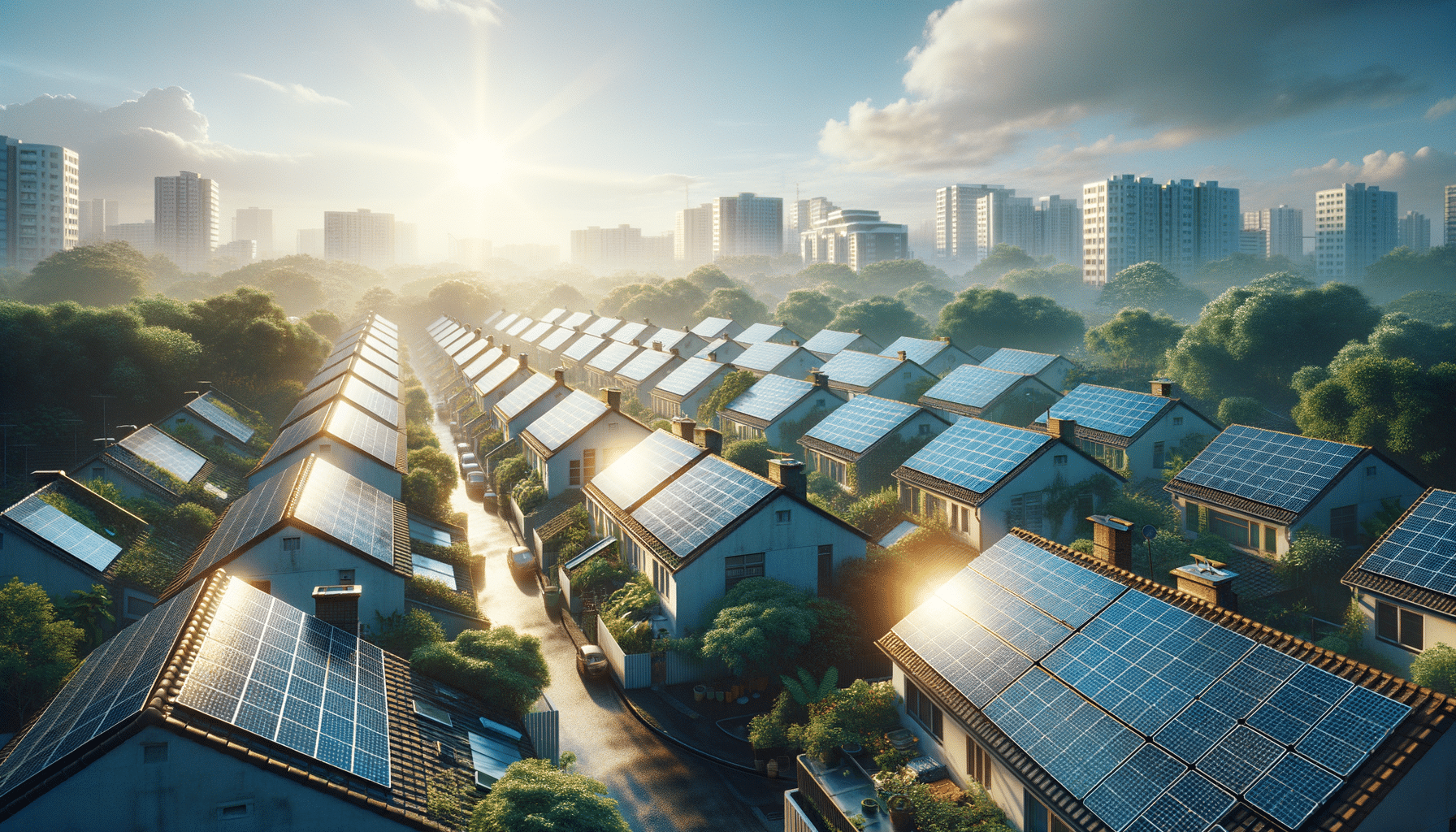
Understanding the Cost of Solar Panel Installation
Introduction to Solar Panel Installation Costs
As the world increasingly turns towards renewable energy, solar power has emerged as a leading contender in sustainable energy solutions. Homeowners and businesses alike are considering solar panel installations to reduce their carbon footprint and energy bills. However, understanding the costs involved can be daunting. This article delves into the various factors influencing solar panel installation costs, offering insights into how you can make an informed decision.
Factors Influencing Solar Panel Installation Costs
Several factors contribute to the overall cost of installing solar panels. These include the size of the system, the type of panels used, installation complexity, and regional pricing variations. Let’s explore these in detail:
- System Size: The capacity of the solar panel system you choose will significantly impact the cost. Larger systems capable of producing more electricity will naturally be more expensive due to the increased number of panels and additional equipment required.
- Type of Panels: Different types of solar panels, such as monocrystalline, polycrystalline, and thin-film, come with varying price tags. Monocrystalline panels, known for their efficiency, often cost more than other types but provide better performance.
- Installation Complexity: The complexity of the installation process, including roof type, angle, and any necessary electrical upgrades, can add to the cost. For instance, installations on steep or complex roofs may require specialized equipment and labor, increasing expenses.
- Regional Pricing Variations: Costs can also vary depending on your location due to differences in labor rates, permitting fees, and local incentives. Some regions may offer rebates or tax credits that could offset initial expenses.
Understanding these factors can help you estimate the potential costs and benefits of switching to solar energy.
Long-term Savings and Return on Investment
While the initial cost of solar panel installation might seem high, it’s essential to consider the long-term savings and return on investment. Solar panels can significantly reduce your electricity bills, providing savings over their lifespan, which typically ranges from 25 to 30 years.
Here are some key points to consider:
- Reduced Energy Bills: By generating your own electricity, you can decrease your reliance on grid power, thus lowering your monthly electricity expenses.
- Increased Property Value: Homes equipped with solar panels often see an increase in property value, making them more attractive to potential buyers.
- Incentives and Rebates: Many governments offer financial incentives, such as tax credits and rebates, to encourage solar adoption. These can substantially reduce the upfront cost and improve your overall return on investment.
By evaluating these factors, you can better understand how solar panels can be a financially sound investment for your home.
Environmental Benefits of Solar Energy
Beyond the financial aspects, solar energy offers significant environmental benefits. By harnessing the power of the sun, you contribute to reducing greenhouse gas emissions and dependence on fossil fuels.
Consider the following environmental advantages:
- Reduction in Carbon Footprint: Solar energy is a clean, renewable source of power that doesn’t produce harmful emissions, helping you reduce your carbon footprint.
- Conservation of Natural Resources: By using solar power, you help conserve finite resources like coal and natural gas, ensuring they remain available for future generations.
- Mitigation of Climate Change: By decreasing reliance on fossil fuels, solar energy plays a crucial role in mitigating the effects of climate change, promoting a healthier planet.
Embracing solar energy is not only a step towards financial savings but also a commitment to environmental stewardship.
Conclusion: Is Solar Installation Worth the Cost?
Investing in solar panel installation is a decision that should be weighed carefully, considering both the upfront costs and the long-term benefits. While the initial investment might be substantial, the potential savings on energy bills, increased property value, and environmental benefits make it a compelling option for many.
It’s important to conduct thorough research and consult with reputable solar providers to determine the best system for your needs and budget. By doing so, you can ensure that your investment in solar energy is both financially and environmentally rewarding.
Ultimately, the decision to install solar panels is a personal one, influenced by your financial situation, energy needs, and commitment to sustainability. With the right approach, solar energy can be a valuable addition to your home, offering peace of mind and a cleaner, greener future.


